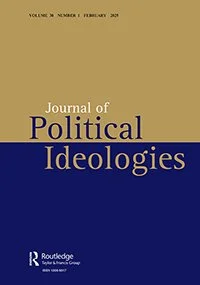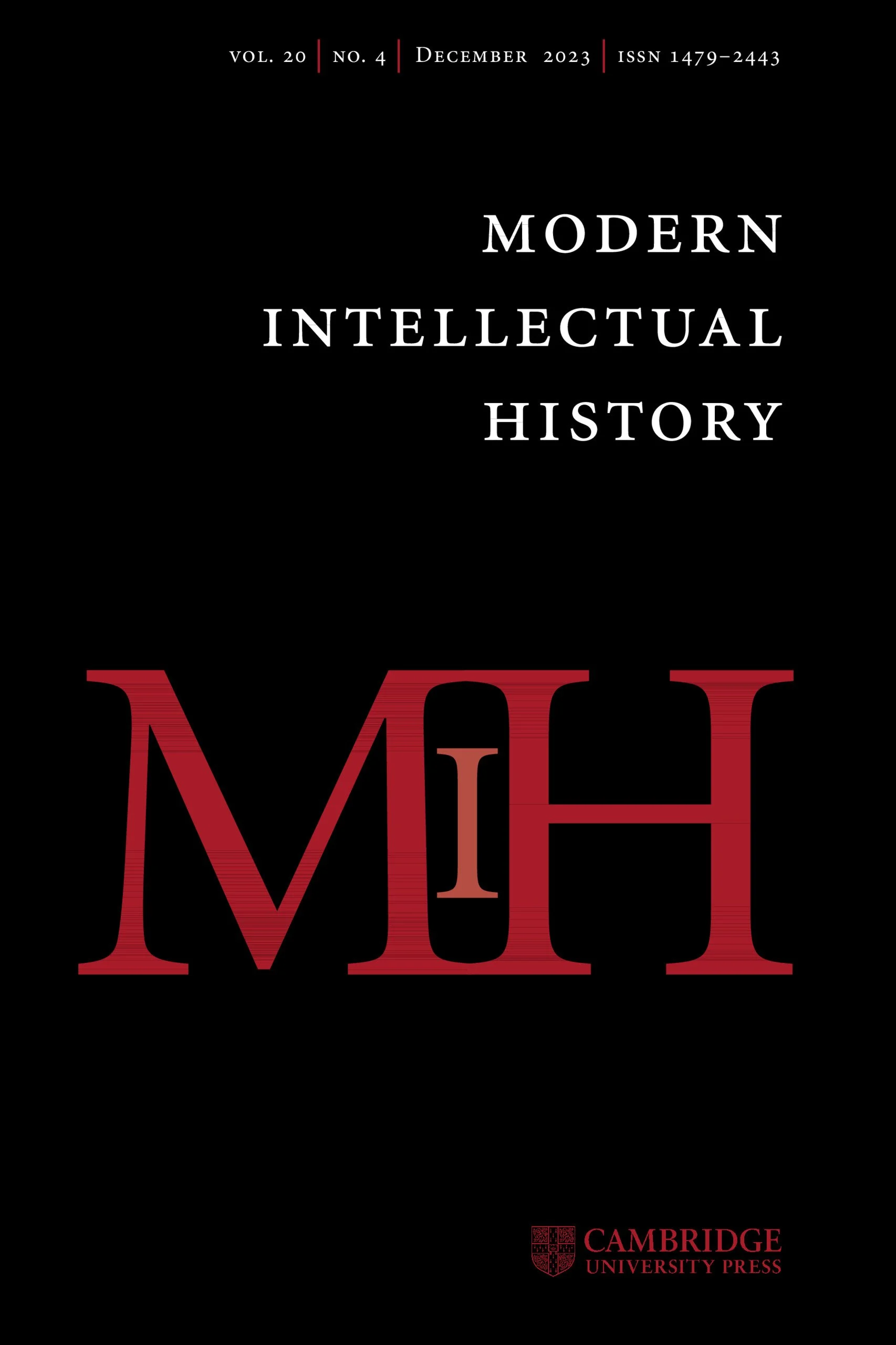I am a Lecturer in Political Science at the University of Amsterdam and a Postdoctoral Fellow at the Gerda Henkel Foundation. I work at the intersection of political theory, intellectual and conceptual history, and climate change politics.
My writing has been published at Modern Intellectual History, Journal of Political Ideologies, and the European Journal of Political Theory. More.
I am engaged in research that deals broadly with social ecology, entangled histories of energy and oligarchy, and alternative political and legal institutions that can respond to climate change and elite capture.
I studied philosophy, political science, international law, and intellectual history in New York City, Berlin, Amsterdam, and Cambridge. More.
My partner, Lisa Sophie Fenner, is also a political scientist; you can find her website here.
Publications
“Josef Weber and the politics of utopia: Between eco-socialism and prefigurative strategy”
Abstract
Josef Weber (1901-1959) is remembered today for his mentorship of Murray Bookchin. However, not only are his own extensive writings neglected in the literature, but his pioneering utopian project has been almost entirely overlooked. This article examines the politics of utopia that shaped this project and suggests that Weber’s critique of capitalism, state socialism, and environmental crisis can indeed be interpreted as an early eco-socialist and prefigurative form of politics. Yet, an important consequence of excavating Weber’s account of politics, democracy, and socialism is that it complicates claims about the end of utopian vision in the immediate postwar period. I argue for a reading of Weber’s utopianism that works between eco-socialism and prefigurative strategy, illustrating parallels with a radical realist approach to utopianism. This account of Weber’s project provides a new historical lineage and contemporary justification of prefigurative eco-socialism.
“Reading Marx’s Capital in the affluent society: Murray Bookchin and the changing nature of postwar capitalism”
Abstract
In 1956, Murray Bookchin (1921–2006) read Marx’s Capital in a small group within his intellectual home of Contemporary Issues, a post-Marxist publishing collective and movement based in New York City. This article discovers in the discussions of Bookchin’s reading group a novel strategy for explaining the changing nature of capitalism in the postwar era. From different ideological angles, the group mined Capital for insights into material scarcity, calculation and planning, and the nature/human divide, exhibiting some similarities to other tendencies of the First New Left but also some important differences. Bookchin’s reading of Capital is distinct in this conjuncture because of how he equates the labor theory of value with a theory of social reproduction. Drawing on new archival material, including notebooks, letters and unpublished essays, I demonstrate how Bookchin dissolved an impasse between the post-Trotskyist Josef Weber (1901–1959) and the mathematician Jacob T. Schwartz (1930–2009). My reading of Bookchin’s social-ecological solution to the group’s conflict helps theorists of political ideology better understand the contextual factors of conceptual slippage, whilst also offering another possible (pre)history and thus re-articulation of social ecology.
Modern Intellectual History (2025)
“Murray Bookchin and the Postwar Environmental Moment: The Early Bookchin and the Politicization of Ecology, 1948–1964”
Abstract
Murray Bookchin (1921–2006) is best known today for pioneering a novel synthesis between social anarchism and ecology in the 1960s. Both his writing and his activism had a substantial impact on the young New Left and the radical ecology movement, and were in polemic dialogue with radical environmentalists, anarcho-primitivists, and deep ecologists. This article explores the development of Bookchin’s early political thought within the framework of a “postwar environmental moment” and uncovers how he uniquely politicized ecological science in the 1950s. I argue that Bookchin’s early writings were a critical response to both the dire environmental issues of his time and the limitations he perceived in Old Left politics. Furthermore, I demonstrate that Bookchin’s understanding of ecological science was not simply a product of a turn to anarchism, but was directly linked to debates among 1950s ecologists, typically overlooked in the recent scholarship on Bookchin.
I completed my PhD in Politics and International Studies at the University of Cambridge in 2024. I also hold degrees in International Law (LLM, VU Amsterdam), Political Science (MSc, University of Amsterdam), and Philosophy (BA, Freie Universität Berlin). I have been a visiting scholar at the Center for American Studies, Columbia University (Fall 2022). Please get in touch if you require a current CV.




